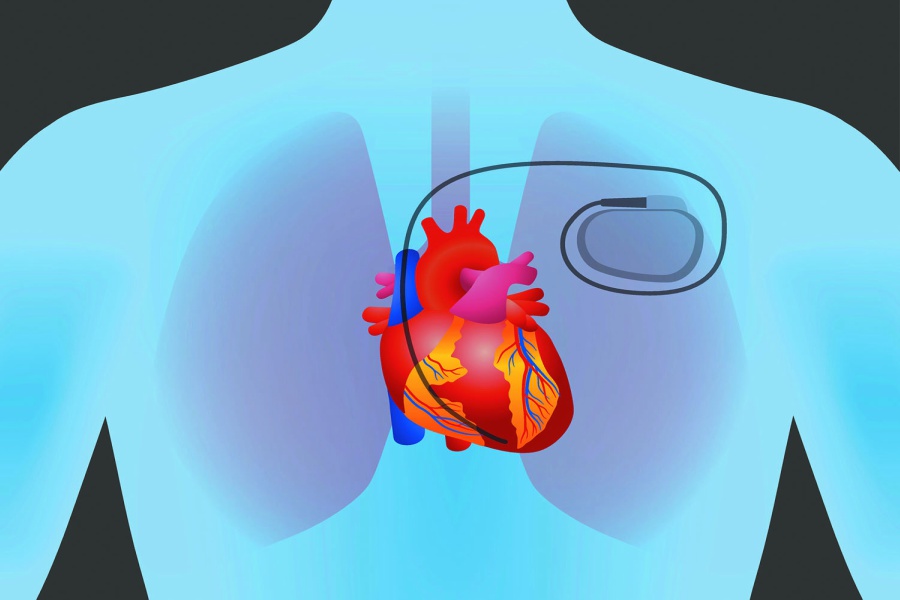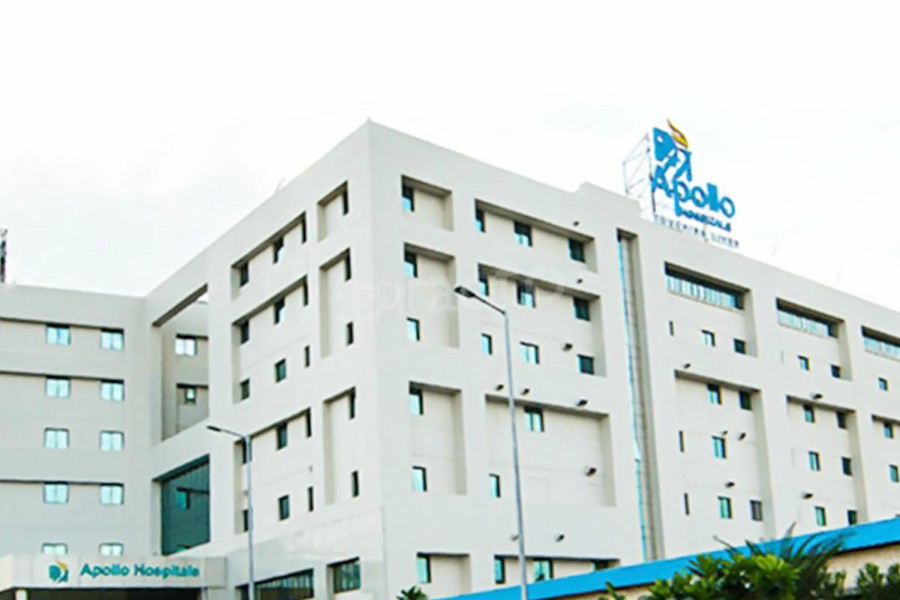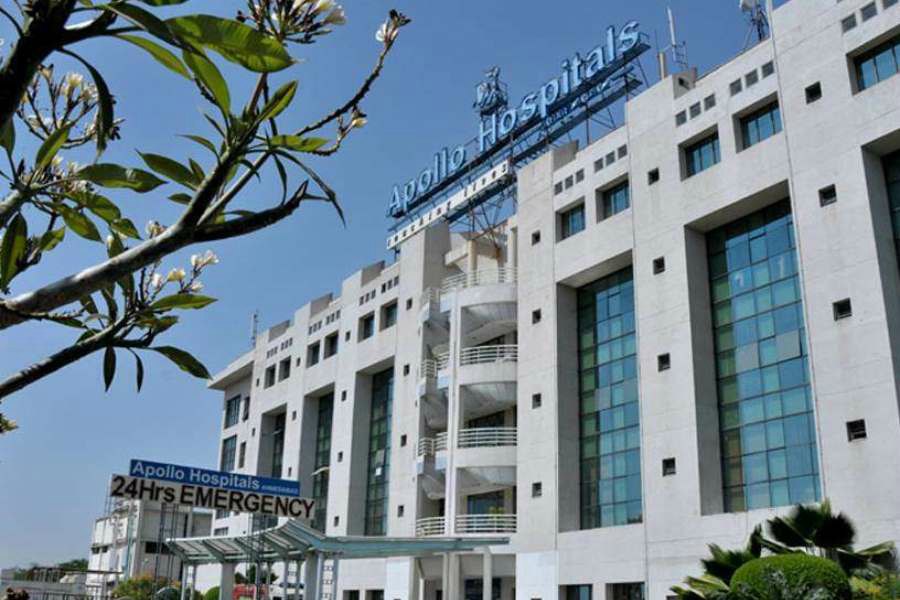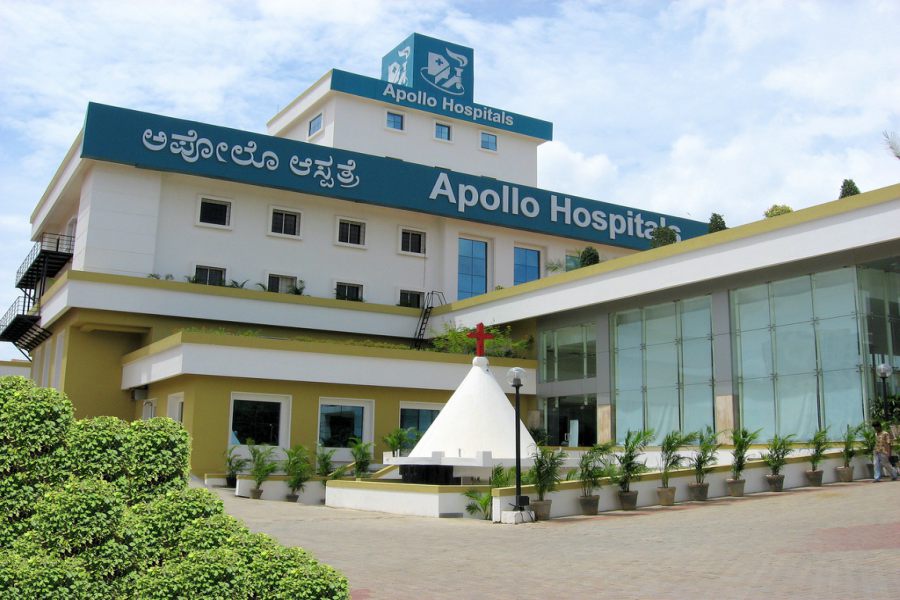
Overview
What is Pacemaker Implant Surgery?
In simple terms a pacemaker is a small electrically charged biomedical equipment which is surgically implanted under the skin within the heart to control irregular heart beats or arrhythmias. The surgical procedures for implanting the device is known as pacemaker implant surgery.
Working principle
Pacemakers are small devices that weighs somewhere around 20-50gms. It mainly consists of two parts. One is the pulse generator powered by battery along with its tiny computer circuit. The other ones are one or more wires known as lead wires which connects the device to the heart.
The working principle of pacemaker is simple. The pulse generator generates electrical impulses which is transmitted to the heart by the lead wires. The rate at which the electrical impulses are generated is known as pacing rate. All modern pacemakers work on the similar principal. Thus the pulse discharge rate can be adjusted and programmed according to the condition of patient’s body.
Most of the modern pacemakers are rate responsive which means it sends a steady signal in case it detects slow heart beats or when heart misses a beat. H owever, when the heart beats at its normal pace it doesn’t send any signal. This rate responsiveness is controlled by special sensors present on the pacemaker that recognises body movement and breathing rates.
Types
The type of pacemaker that you may need depends solely on the condition of your heart. After a detailed diagnostic evaluation and various test your doctors will decide the type of pacemaker right for your heart. Normally there are three different kind of pacemakers that are used
- Single chambered pacemaker : This is the most commonly used pacemaker type. This has one lead wire that connects the pulse generator to the defected chamber of your heart to stimulate the impulse generation inlet chamber.
- Dual chamber pacemaker : Here two lead wires are taken which are connected to both the right atrium and right ventricle to facilitate simultaneous relaxation and contraction of heart in a proper rhythm.
- Bi ventricular pacemaker : This is also known as CRT for cardiac resynchronization therapy. In this case three lead wires are used, one of which connects to the right atrium and the other two connects to the two ventricles. CRT is recommended in case of patients having arrhythmias with advanced heart failure. Which means that their left and right ventricle do not pump blood in a synchronous fashion. CRT resynchronizes the ventricular pumping action alleviating associated symptoms of heart failure.
Causes
Who needs a pacemaker?
Your heart is essentially a pump made up of muscle which transmits blood throughout your body. This pumping process is regulated by electrical impulses. Thus, if by any situation these electric circuit is disrupted it can lead to arrhythmias which can in turn lead to potential life threatening conditions. Some of the causes of arrhythmia includes:
- Bradycardia abnormally slow heartbeat
- Tachycardia or abnormally fast heartbeat
- Sick sinus syndrome a mostly age related heart condition where the SA node doesn’t work properly leading to bradycardia and tachycardia or both.
- Heart conditions like atrial defibrillation with low or discontinuous pulse rates
- Heart blockage due to irregular transmission of electrical impulses from heart
- Severe cardiac arrest when the disruptive electric impulses causes the heart to stop beating altogether
SYMPTOMS
There can be several causes for pacemaker implantation as mentioned above. The signs of arrhythmia or cardiac arrest or sick sinus syndrome varies from person to person. However, there are some common symptoms that you should never ignore.
- Fatigue or extreme tiredness
- Fainting or near fainting situations
- Dizziness
- Light-headedness
- Shortness of breath
- Chest pain or angina
- Fluttering or palpitations
- Sometimes prolonged use of medications like calcium channel blockers or beta blockers can lead to arrhythmias
- Increase your suffering from coronary heart disease
- Had a prior heart attack
- Increase your bond with congenital one or more heart defects
- Any abnormality or thickening in the heart muscles during to cardiomyopathy
DIAGNOSIS
Implantation of pacemaker is an invasive surgery. And thus before the surgery your doctors will prepare you for a couple of tests to get a full overview of your heart conditions. These tests include
- An electrocardiogram to get a clue about the nature of irregular heartbeats you are having
- Holter monitoring or ambulatory monitoring which will record your heart rate for an entire period of 24 hours during which time you will be asked to keep a record of all the activities you were doing
- An echocardiogram get images of your heart condition and to see the thickness of your heart muscles
- Stress test along with an echocardiogram or nuclear imaging to record the oxygen consumption levels by your heart
RISK FACTORS
- Infection at the site of implant
- Allergic reaction due to the dye or anaesthesia
- Swelling
- Bruising
- Bleeding of infected areas (patients on blood thinners are at high risks)
- Damaged blood vessels or artery
- Severe bleeding
- Bleeding near the pulse generator centre
- Collapsing of lungs
Call your doctors when you have
- Abnormal heart rates
- Profuse sweating
- Swelling redness rashness from site of infection
- Fever
- Shortness of breath and fatigue
- Anything unusual
POST-OPERATIVE CARE
- You will need to stay in hospital under observation for one day
- Your vitals will be monitored and your doctors will program the device as per your heart needs
- Avoid rough contact or anything strenuous
- Don’t go for swimming or driving immediately
- Avoid heavy exercise
- Avoid lifting weights over 5 pounds
- Avoid vigorous rubbing of the chest area
- You will be provided a medical ID card post surgery show it to all other physicians you visit whether it’s your dentists or other doctors.
- Avoid going under any tests like MRI or nuclear imaging where magnetic fields or radio frequency waves are used as they might disrupt the signal
- Visit your doctor regularly
- Avoid metal securities or handheld metal detectors
- Avoid keeping cellular phones or any radiofrequency emitting device near the implant area
- Avoid any high power generating equipment like transformers, welding machines, generators etc.
TREATMENT
- In case you are under some kind of blood thinners like aspirin or warfarin you should stop taking them
- In case you have severe diabetes and your under insulin ask your doctors to adjust your diabetes medications
- You will be given normal meal the evening before surgery however you should not eat drink or chew anything for 12 hours before surgery
- It is also suggested that while brushing your teeth you should not swallow any water immediately before the surgery
- Increase your wearing any kind of jewelleries or implants or makeup you will be asked to remove
- You will be changed into hospital gown
- Just before the surgery you will be lied upon a bed
- An IV line will be inserted in your arms vein and antibiotics will be administered through it
- Delete right side of your chest will be cleaned, shaved and sterilized
- Sterile drapes and sheets will be used to cover the areas
- All your vital stats will be monitored continuously
FACTORS AFFECTING COST
The factors coming under cost of treatment include
The cost of implantation
- Hospital fees
- Fees of surgical team
- Cost of procedure and device
- Cabin charges and miscellaneous
FAQ
After pacemaker you can get back to your active routine. Researches shows that the average life expectancy comes around 93% after one year to 61% after seven years of surgery respectively
You can leave the hospital after one day of observation. However for the next 4 weeks or so you need to stay under some observations and avoid doing strenuous physical activities
Generally you shouldn’t have a feel that it is working. Initially after surgery you might feel soreness in the area of implant however it should go away with time. In case you feel any uneasy sensation of the pacemaker you should consult your doctor
Once implanted the pacemaker battery should last from 5 to 15 years.


 Best Hospitals
Best Hospitals












